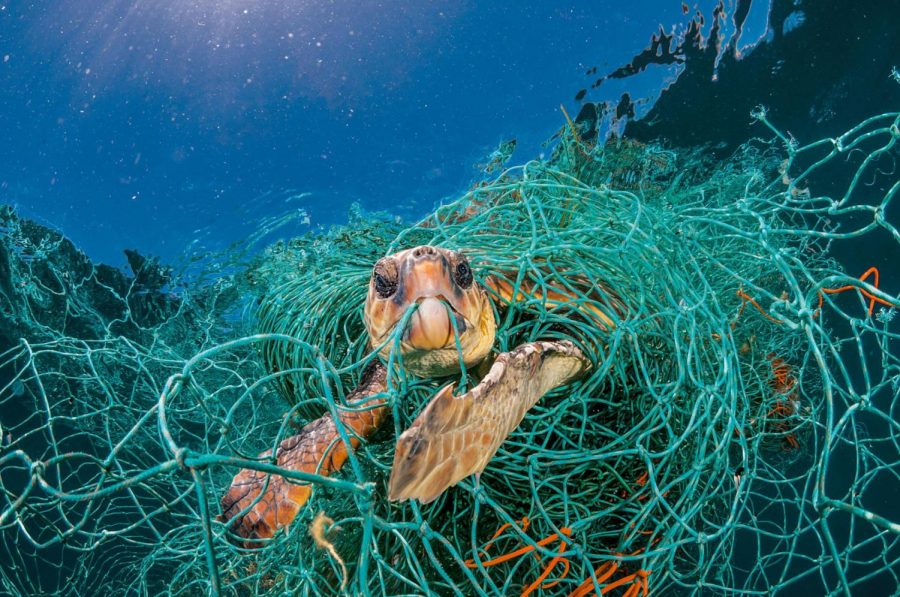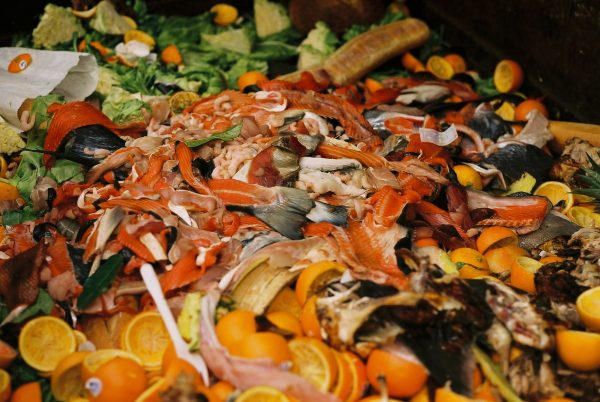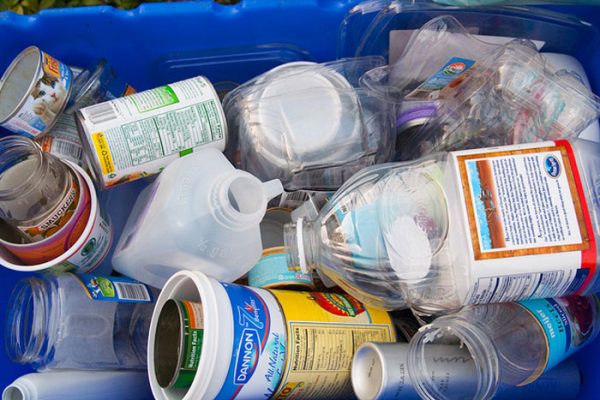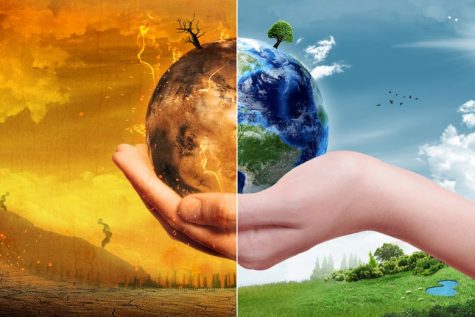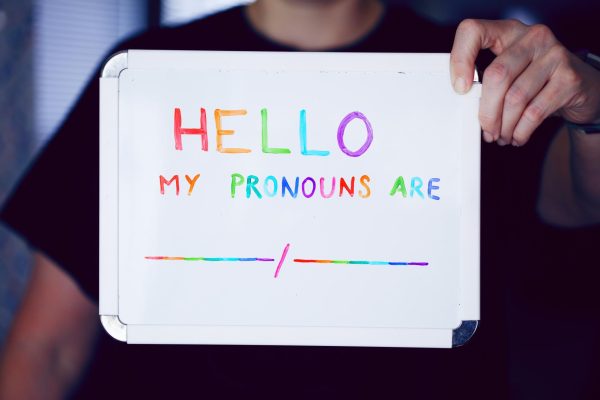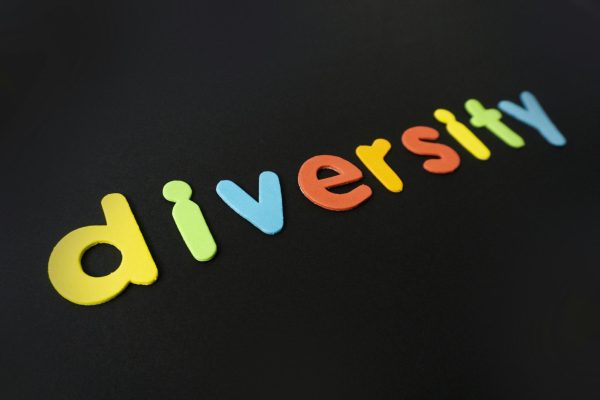Will Marine Ecosystems Be No More?
With Covid-19 really emphasizing the effects human infrastructures have had on the environment, it has become evident that plastic pollution is destroying our marine ecosystems. With plastic being so attractive due to its durability and resistance to degradation, overproduction has spiraled marine ecosystems into a slew of problems.
Instead of walking to the recycling bin or taking a stroll to the garbage can, we throw our bottles and wrappers out the window. Instead of throwing our used masks away or buying reusable ones, we leave them in the parking lots at the supermarket. Many of us are careless, to say the least.
We saw in quarantine how the environment thrived once production stopped and the world was on halt. This was most prevalent in China, where their civilians live in production smog, this thick fog that lingers in the sky, on a daily basis. Bulletin of the American Meteorological Society studies indicated, though, that with production emissions decreasing during national lockdown, there were a couple months where civilians could actually see the sky up above them. Makes you wonder if this need and want for nonbiodegradable products is really worth it.
Now, with our world getting back into some normalcy, humans once again threaten marine ecosystems. It is their inability and laziness to dispose of plastic materials properly and the overproduction of plastic that are the major contributors. Could it be that we really have too much pride in being able to produce mass amounts of single-use products? Or, that we are too selfish to properly dispose of waste and completely ignore what it is doing to marine life? Well, it certainly appears so.
Where does this plastic (toxic) waste then end up? You guessed it– in our waterways. There is too much plastic and nowhere to go with it, which is producing garbage patches the size of Texas floating in our oceans and piles of garbage on the sides of roadways, near rivers. As a result, aquatic organisms (even their communities as a whole) are dying off by the minute. Society doesn’t find this concerning?
The more plastic produced, the more plastic products being thrown into the environment, and ultimately the more plastic ending up in our waterways. According to the Proceedings of the National Academy of Sciences of the United States of America, this is why huge plastic garbage patches are presently floating in the oceans; humans are producing more plastic than is being broken down or reused.
The plastic then kills aquatic wildlife and/or ends back up on the shores. And after it reaches land again, it just gets shipped off to another landfill, where it will take its next trip back into our waterways. This cycle just starts all over again.
Let us touch on the litter crisis here. Society’s unthinking and our insufficient recycling infrastructures (recycling, landfills, and incineration) have caused litter to become an endless cycle, starting right at production.
The Journal of Cleaner Production has also proven that every phase of plastic production involves the release of gases and plastic particles into the environment. Not just visible plastics, but plastic particles are beginning to pile up in our lands, rivers, lakes, air, and oceans. This is overwhelming the aquatic organismal communities.
Aquatic plants, animals, and organisms are supposed to take the carbon in the atmosphere and hide it away in the deep sea. It keeps the carbon out of the atmosphere, allowing the globe to maintain a healthy temperature. But, their internal systems are being altered by these plastic particles, and ultimately they cannot perform their functions.
Yes, we have a need for durable materials and items that will sustain time, but at this rate, with organisms not being able to perform their duties, temperatures are rising and continuing to rise! Is it worth risking the health of our communities and families, for a product that can simply be replaced by a biodegradable one?
If we as an educated society do not do something, and something soon, the marine ecosystems’ inability to perform their functions, will cause aquatic communities to die off, disrupting nature’s balance in our water systems, and eventually affecting all of humanity. To stop this catastrophe, we need to implement better recycling systems, society needs to start caring about the environment around them, and we need to learn to reuse products and not overproduce.
It is time to take a stand and do better for our marine ecosystems! The fate of the world depends on the actions we take going forward. A change is needed in how we produce and dispose of plastic materials, and it is time to implement these needs. Marine ecosystems play a big role in keeping our environment thriving and robust, and it is our job to ensure they survive and flourish.


